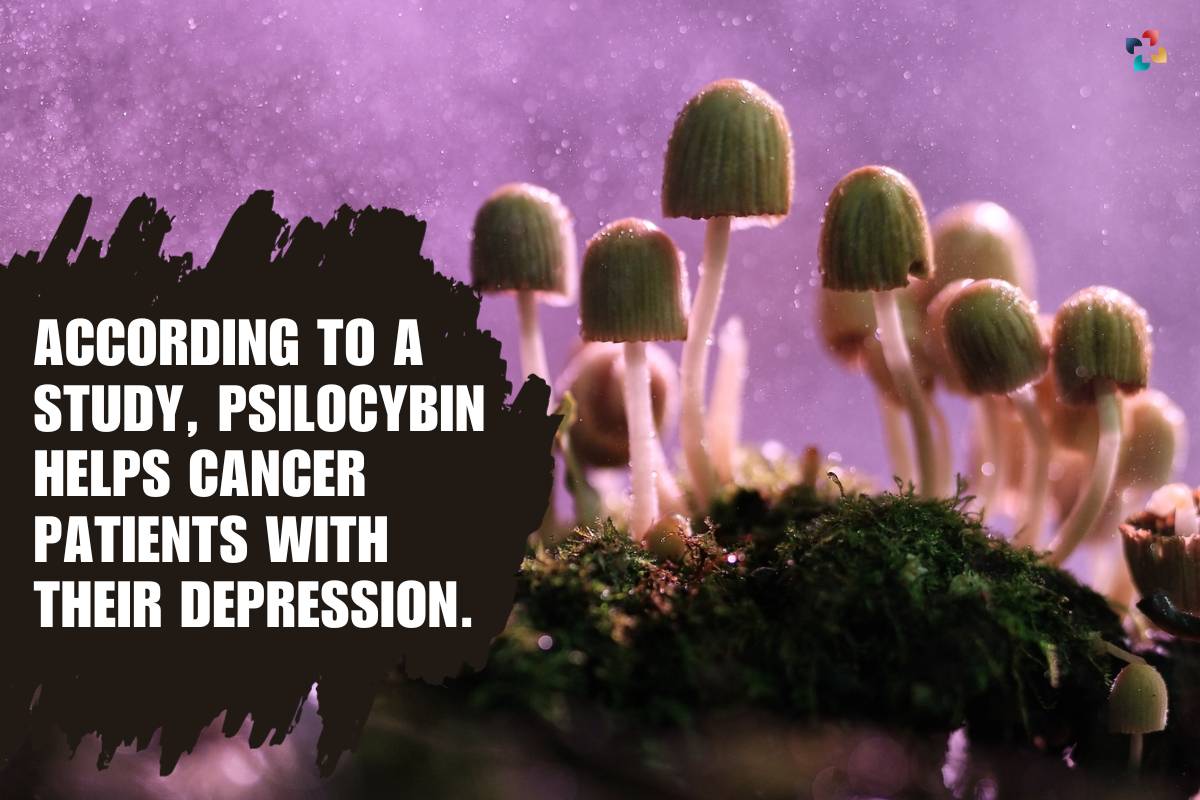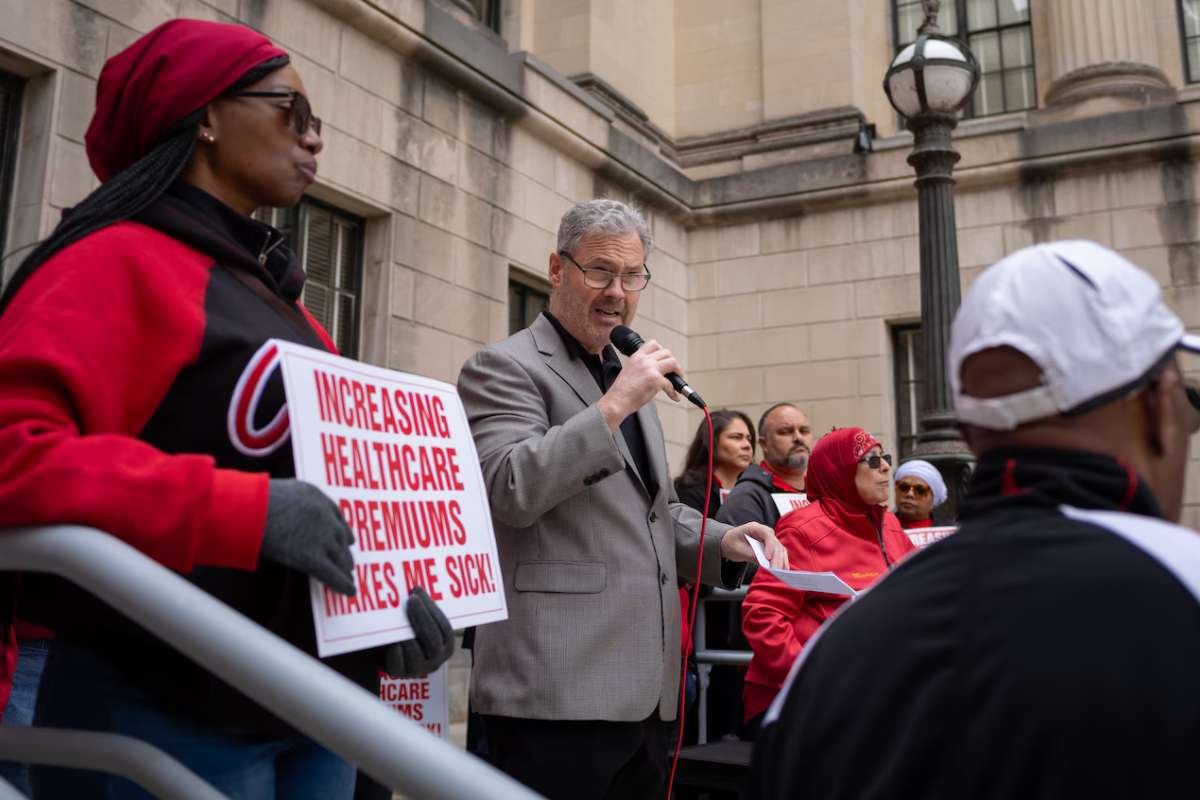Psilocybin-assisted therapy is useful in treating moderate-to-severe depression in patients with both curable and incurable cancer, according to the results of a recent clinical research. In the first, patients received the medication in small groups at the same time, followed by individual and group therapy.
Depression is a common symptom among cancer patients; around 25% to 33% of them fulfil the criteria for symptoms that are clinically serious. Nevertheless, the effectiveness of first-line therapies such psychotherapy and antidepressants in reducing these symptoms has been somewhat demonstrated.
Psychedelics have garnered a lot of attention lately as a potential treatment for mental illnesses, especially when other approaches have failed. One such medication that has shown promise in clinical trials is psilocybin, the hallucinogenic ingredient included in magic mushrooms. Psilocybin-assisted therapy for significant depression in cancer patients is currently being tested in a phase 2 clinical trial, adding to the mounting evidence that the medication may be helpful in treating the condition.
Manish Agrawal, the study’s primary author, said, “As an oncologist for many years, I experienced the frustration of not being able to provide cancer care that treats the whole person, not just the tumour.” “There is a need for further research as this was a small, open-label study, but the potential is significant and could help millions of cancer patients who are also struggling with the severe psychological impact of the disease.”
The experiment, which was carried out in a community cancer centre rather than an academic setting, involved thirty patients with major depressive disorder (MDD) and cancer, both curable and incurable.
Study finds Psilocybin mushrooms can be used to treat depression
Participants had to meet certain requirements in order to be eligible, including having a diagnosis of malignant cancer, having an MDD diagnosis devoid of psychotic features based on DSM-5 criteria, having a baseline Hamilton Depression Rating Scale (HAM-D) score of 18 or higher, and not being on medical cannabis or antidepressant medications. Moderate to severe depression is indicated by a HAM-D score more than 17.
The participants’ average age was 56. Nearly half (46.7%) of the cancer cases were treatable, whereas the other half (53.3%) had metastatic, incurable malignancy. Breast cancer (33.3%) was the most prevalent diagnosis, followed by lymphoma and/or leukaemia (26.7%). One to four years had passed since the original cancer diagnosis for 66.7% of the subjects.
Participants met with their assigned therapist for two preliminary sessions aimed at providing information about the psilocybin treatment after screening to gather medical information and do a physical examination. Starting with the third visit, individuals received weekly doses of 25 mg of synthesised psilocybin for eight weeks. The medication was given concurrently to small groups of participants in adjacent rooms.
“The group approach used in this study set it apart,” Agrawal stated. “In a 1:1 therapist-to-patient ratio, cohorts of three to four patients received concurrent treatment with 25 mg of psilocybin in neighbouring rooms that were open at the same time. After the group psilocybin session, the cohorts participated in integration sessions and preparation for treatment.
In contrast to the initial HAM-D score, the researchers employed an alternative instrument to gauge the impact of psilocybin on the severity of depression. The Montgomery-Asberg Depression Rating Scale (MADRS), which consists of ten items scored from zero (normal) to six (severe), was used to quantify the severity of depression. Higher total scores indicated greater severity of depression. Any drop in MADRS score from baseline of 50% or more was considered a clinically meaningful response. If a notable reaction persisted through weeks three and eight after therapy, it was considered a sustained response. Remission of symptoms was indicated by a MADRS score of less than 10.
From week one to week eight, psilocybin-assisted therapy caused a clinically significant reduction in MADRS scores of 19.1 points. 80% of patients showed a sustained response, and 50% showed full remission of depression symptoms that persisted for eight weeks. The side effects of the therapy, such as headache and nausea, were usually modest, and there were no psilocybin-related adverse events.
This groundbreaking study, according to Agrawal, “demonstrated the feasibility of a group and 1:1 patient-to-therapist ratio and added to the growing body of evidence for the effectiveness of psilocybin-assisted therapy in tackling the mental distress experienced by cancer patients.”
In a second study, Agrawal and other researchers used exit interviews to collect data from 28 psilocybin trial participants about their treatment experiences. In general, participants expressed gratitude, stating that group therapy helped them feel more prepared and protected throughout treatment and that it also helped them feel more connected to others, which enhanced the experience. Intimacy in individual therapy sessions was also valued by them, as it complemented the group work’s “togetherness.”
Lead and corresponding author of the accompanying study Yvan Beaussant said, “As a haematologist and palliative care physician and researcher, it was profoundly moving and encouraging to witness the magnitude of participants’ improvement and the depth of their healing journey following their participation in the trial.” The majority of participants indicated satisfaction with their psilocybin-assisted therapy experience, highlighting the significance of the structured, supportive environment in which treatment was provided. More than two months after taking psilocybin, many reported a lasting, profound effect on their lives and general well-being, feeling more capable of handling cancer and, for some, the end of their lives.
Also Read: Nurturing Through the Battle: Exploring Supportive Care for Cancer Patients








